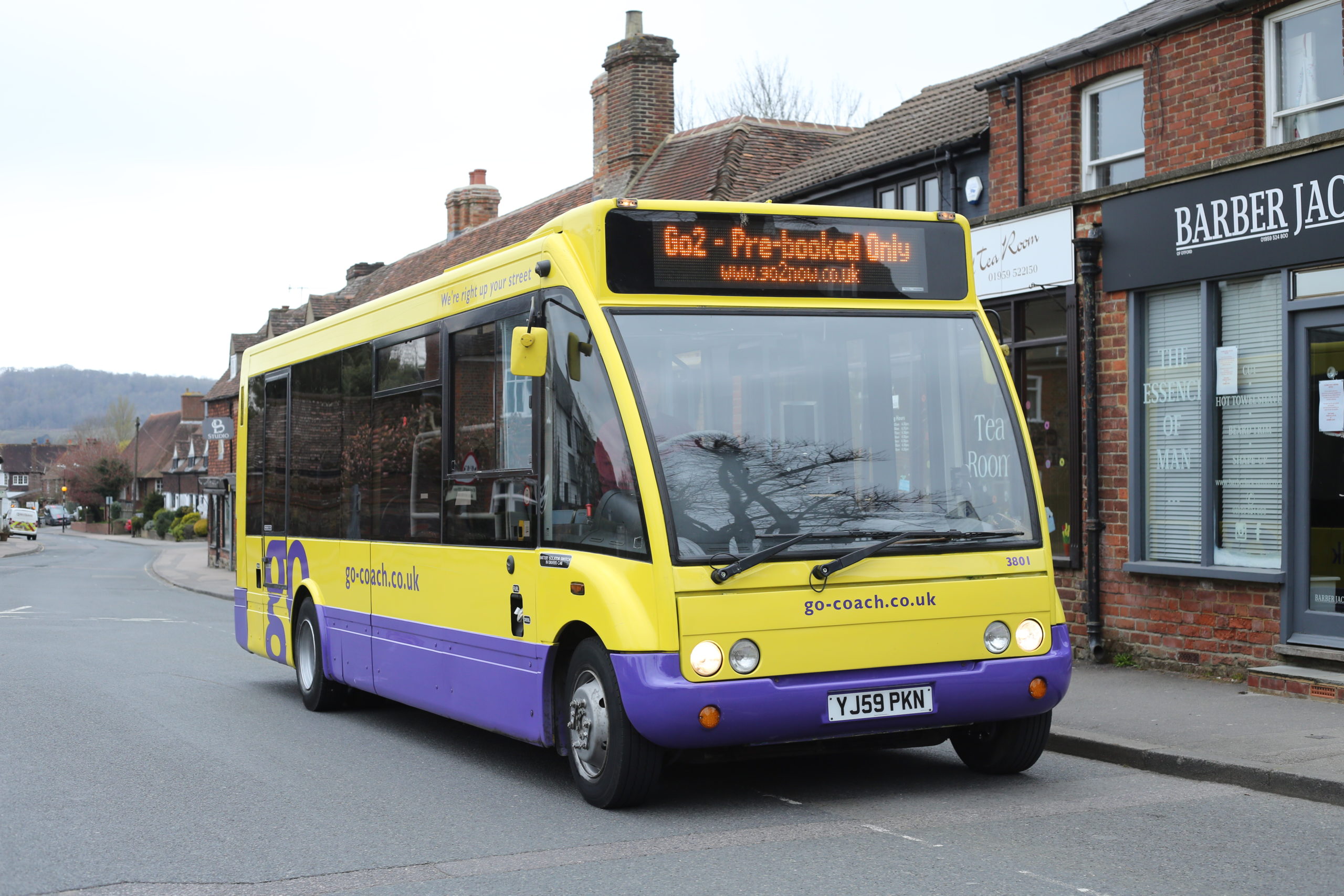Improving public transport outside London is a key goal of the UK government’s promise to ‘level up’ the country. Central to this ambition is a revamp of bus services, long seen as the backbone of public transport across the UK, and prioritised by Prime Minister Boris Johnson in his introductory message to the ‘Bus Back Better: National bus strategy for England’. “I love buses and I have never quite understood why so few governments before mine have felt the same way.” The UK’s leading sustainable transport advocacy group, Campaign for Better Transport, noted that only 40 percent of authorities that submitted a BSIP bid had actually received any funding. This enthusiasm was a good sign for regional transit operators, particularly in the Midlands and the north of England, who have frequently seen themselves as having been left behind.
But funding for Bus Service Improvement Plans (BSIPs) — the lynchpin of the strategy –—has now left many operators disappointed and wondering how improvements will be made. Though the PM had announced last year that £3 billion would be ringfenced for the scheme, in April 2022 it was revealed that less than half of that amount – £1.2 billion – would in fact be available. The UK’s leading sustainable transport advocacy group, Campaign for Better Transport, noted that only 40 percent of authorities that submitted a BSIP bid had actually received any funding. “Improving buses in a minority of places does not live up to the promise of a national bus strategy, though locally it will be very welcome,” said Paul Tuohy, Chief Executive of the charity. “Rather than this fragmented, competitive way of funding local buses, we want to see more of a focus on revenue funding to ensure every community gets the bus service it needs and deserves.”
With an estimated £10 billion needed by local authorities to improve bus services, Tuohy warned that the funding allocated simply falls short. “If Treasury were to redirect just a fifth of its £27 billion road-building budget, it could help save local buses from disaster.”
Funding implications
With other challenges like bus driver shortages, surging petrol prices and a general squeeze due to inflation, alternative funding models have been key to transit operators. Different schemes have given cities options to strategically manage funding applications to get the best results. Schemes like:
- City Region Sustainable Transport (CRST) Settlements
- Integrated Rail Plan (IRP)
- Levelling Up Fund (LUF)
- Shared Prosperity Fund (SPF)
- Towns Fund
The CRST Settlements in particular offers seven regions — Greater Manchester, Liverpool City Region, South Yorkshire, Tees Valley, West of England, West Midlands and West Yorkshire — the opportunity to expand services and lead innovation. The funding – which totals £5.7 billion – will help deliver results such as a new mass transit network in West Yorkshire, major improvements to rail services in the Tees Valley, next generation Metrolink tram-train vehicles in Greater Manchester, the renewal of Supertram in South Yorkshire and bus rapid transit corridors in the West Midlands.
“This funding will allow us to bring forward an improved bus service, with new buses, lower fares and more frequent services,” Mayor of Greater Manchester Andy Burnham said of the funding announcement. “However, as welcome as [the] announcement is, the revenue funding is about half of what we bid for, and we still don’t know how much recovery funding bus operators will get to keep services running.”
In England, local authorities also have access to other routes, like:
- Section 106 funding
- the Community infrastructure levy
- Local economic partnership (LEP) funding
- the Bus Service Operators Grant
These authorities and their commercial partners are taking note, and often working together, in the spirit of BSIP’s Enhanced Partnerships, to plan their next moves.
 Go2, an demand-responsive service launched during the pandemic.
Go2, an demand-responsive service launched during the pandemic.
“There’s no question the BSIP results were disappointing,” said Chris Snyder, Via's Co-CEO. “But we’re also excited to work with our partners to secure new funding opportunities and to create the most effective services with the money they have. The National Bus Strategy and BSIP process have inspired a lot of creativity, and one way we’ve been able to help has been to work with local authorities to craft new technology-enabled solutions that save money and offer better service.” At Via, we work with a number of local authorities pursuing new strategies in the wake of the funding announcements.
If you're interested in learning what alternative funding models might be available to you, reach out to us at partnerships@ridewithvia.com.

.png?width=71&height=47&name=Sioux%20Falls%20Webinar%20(6).png)


